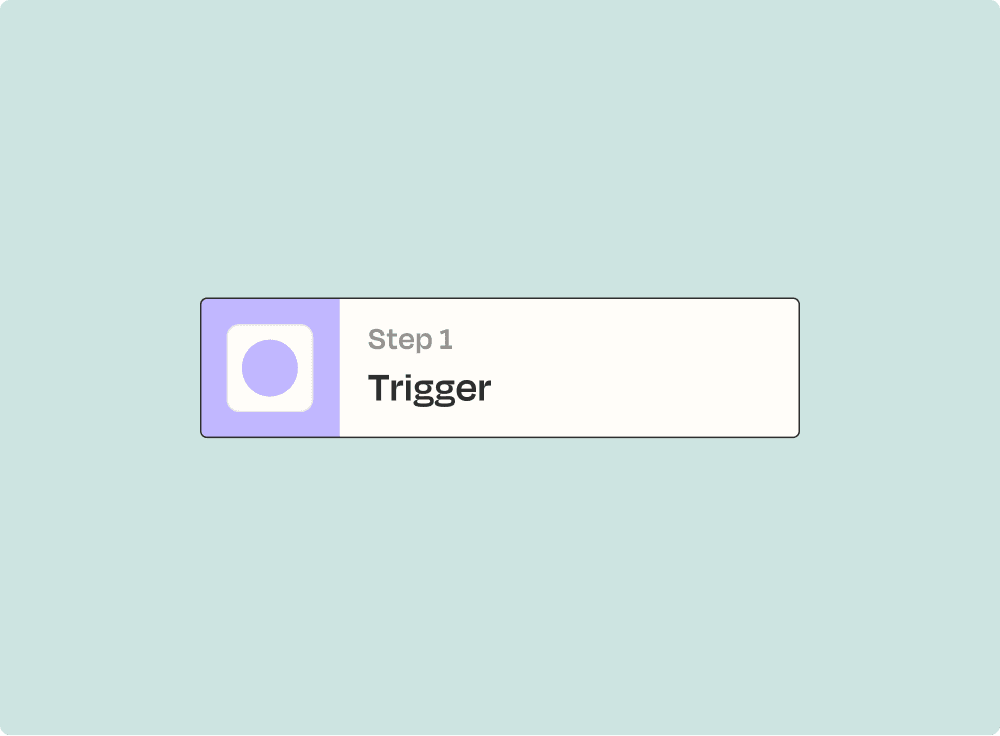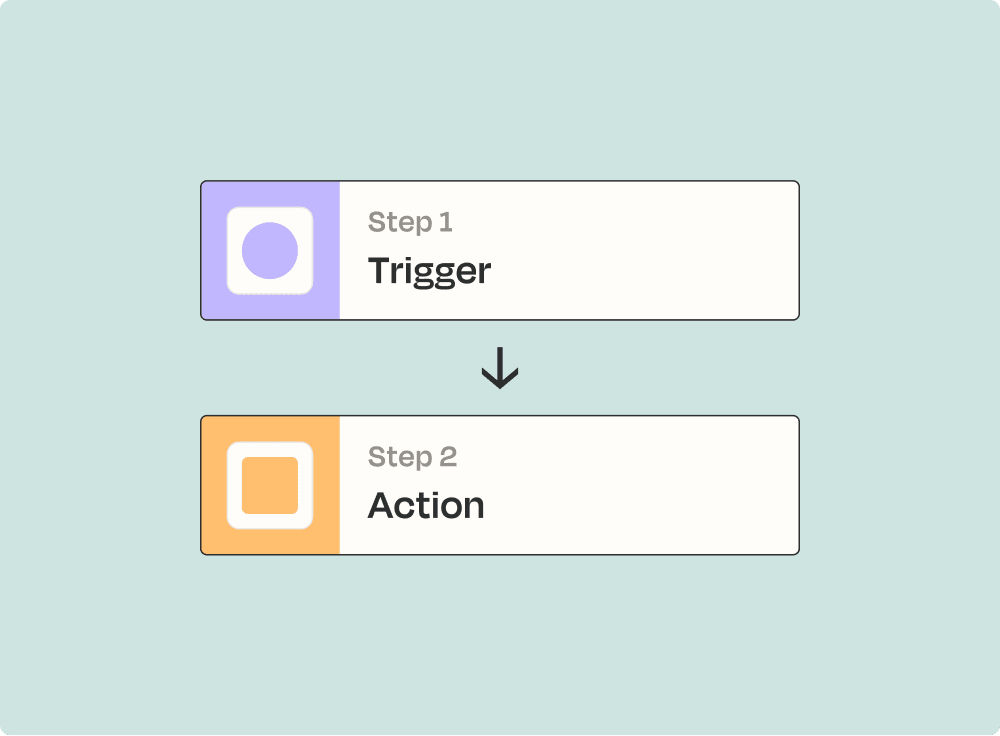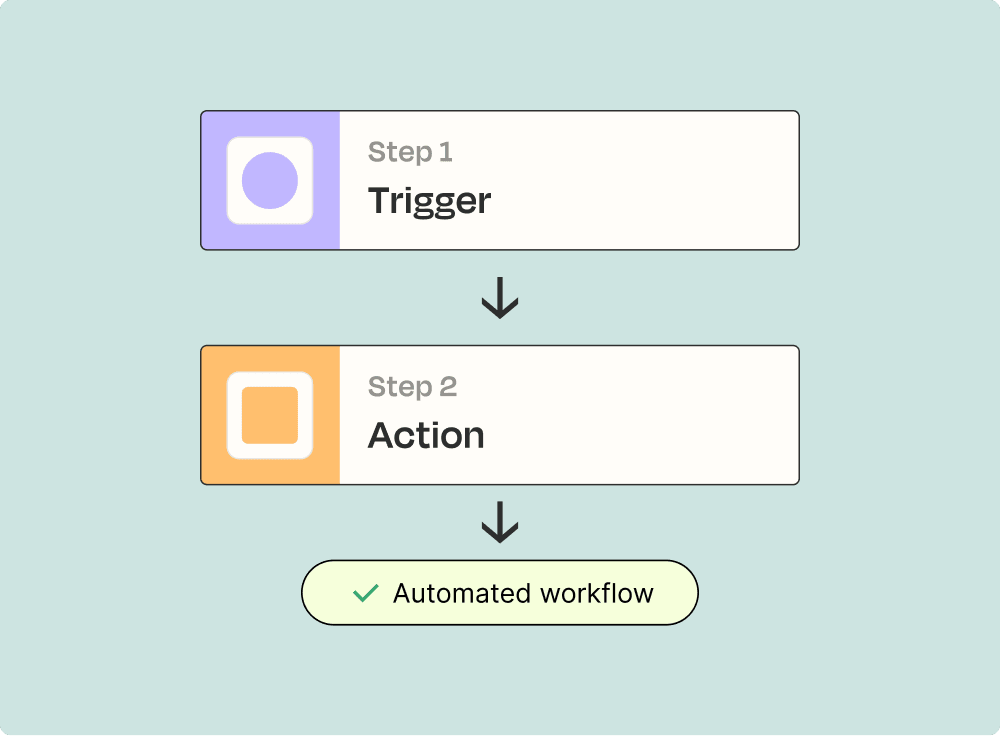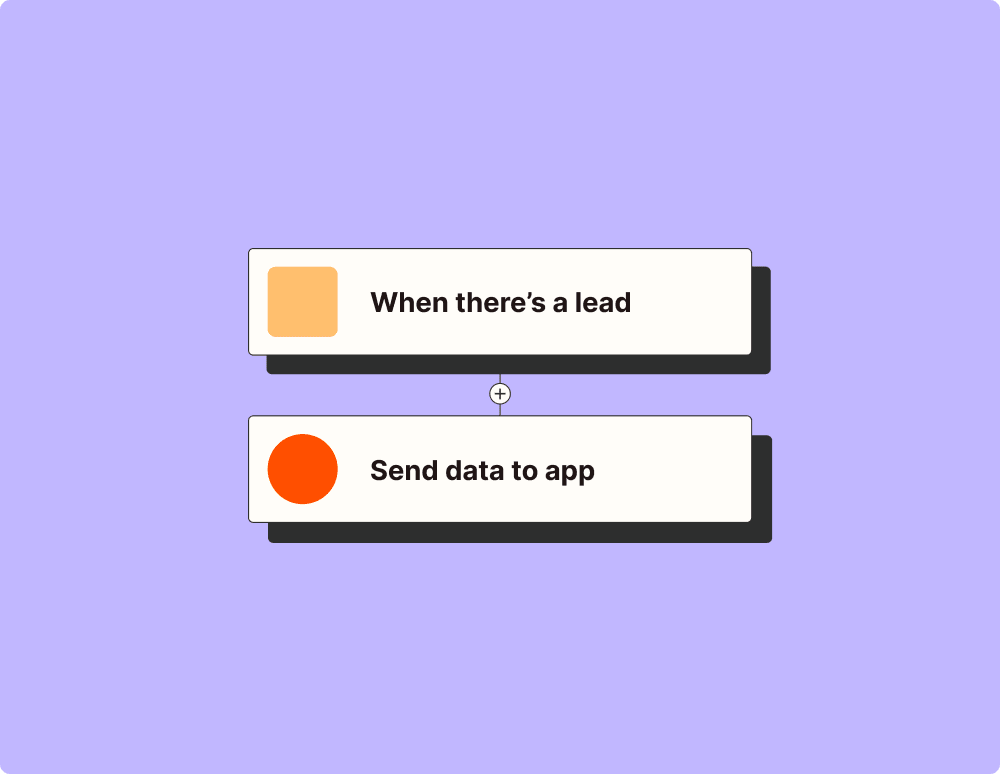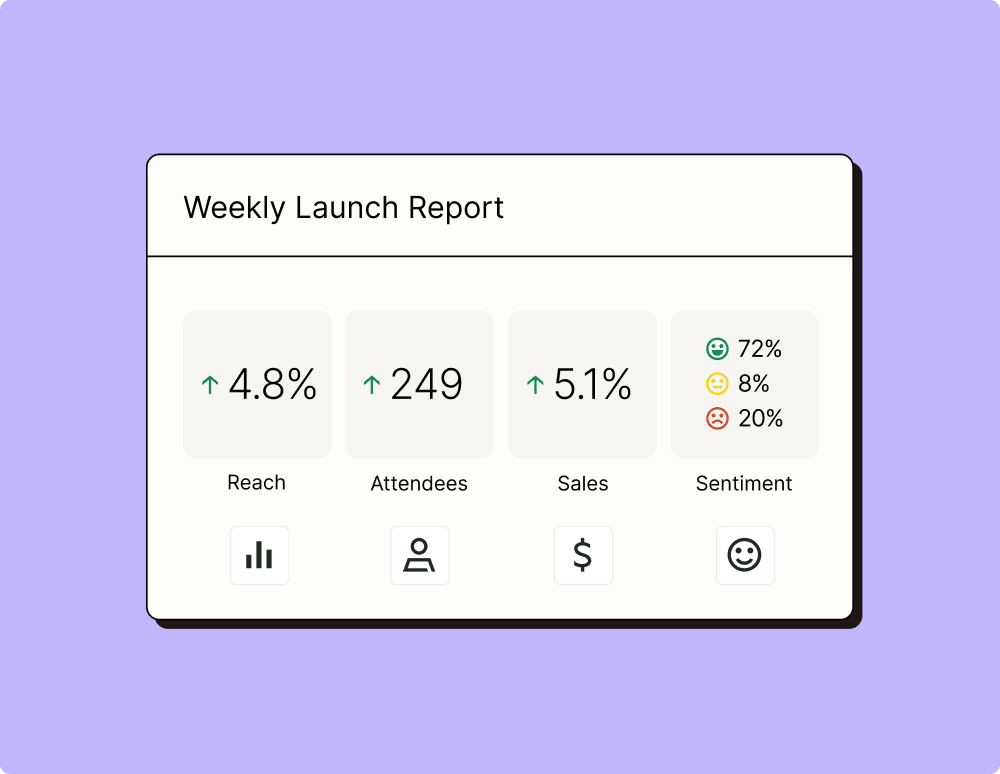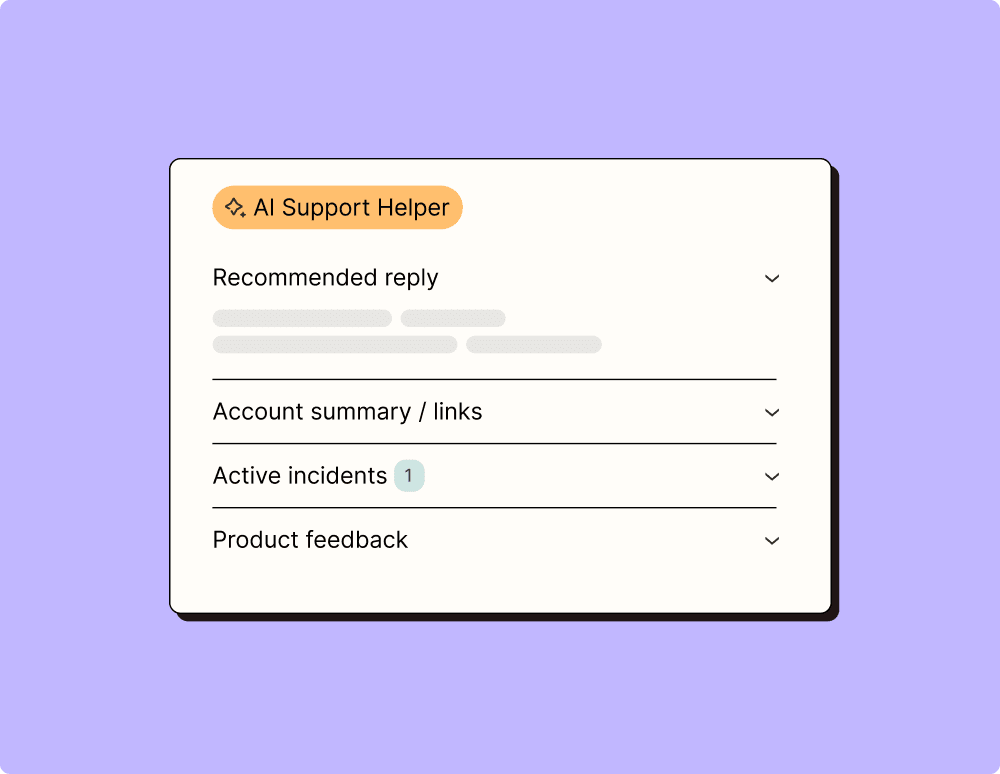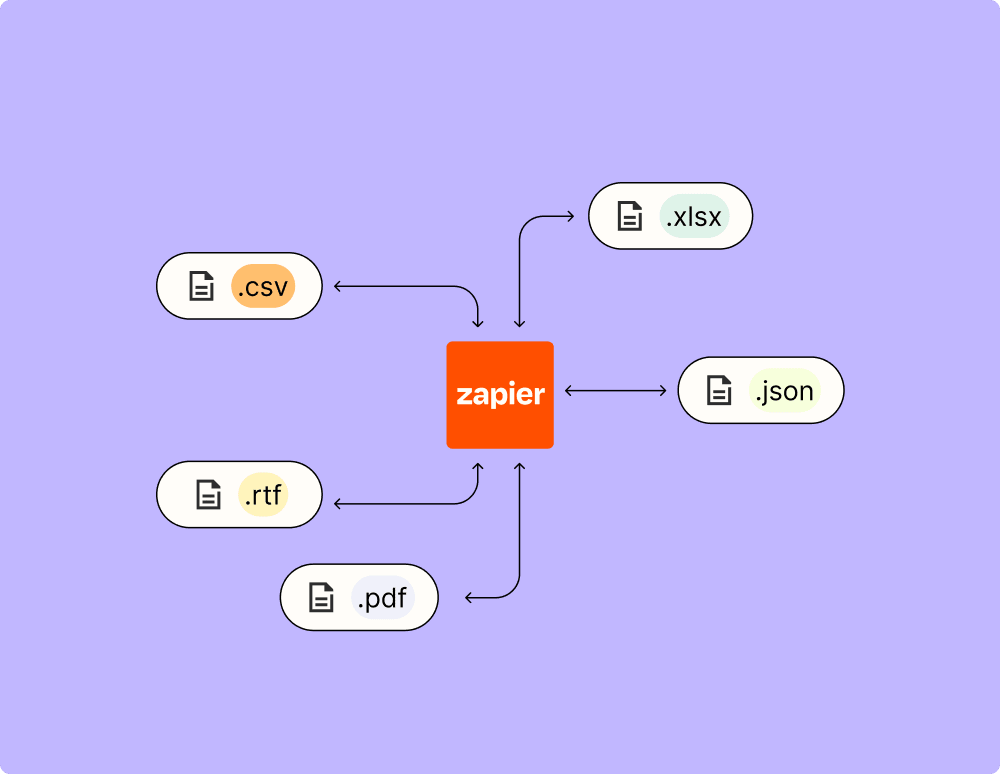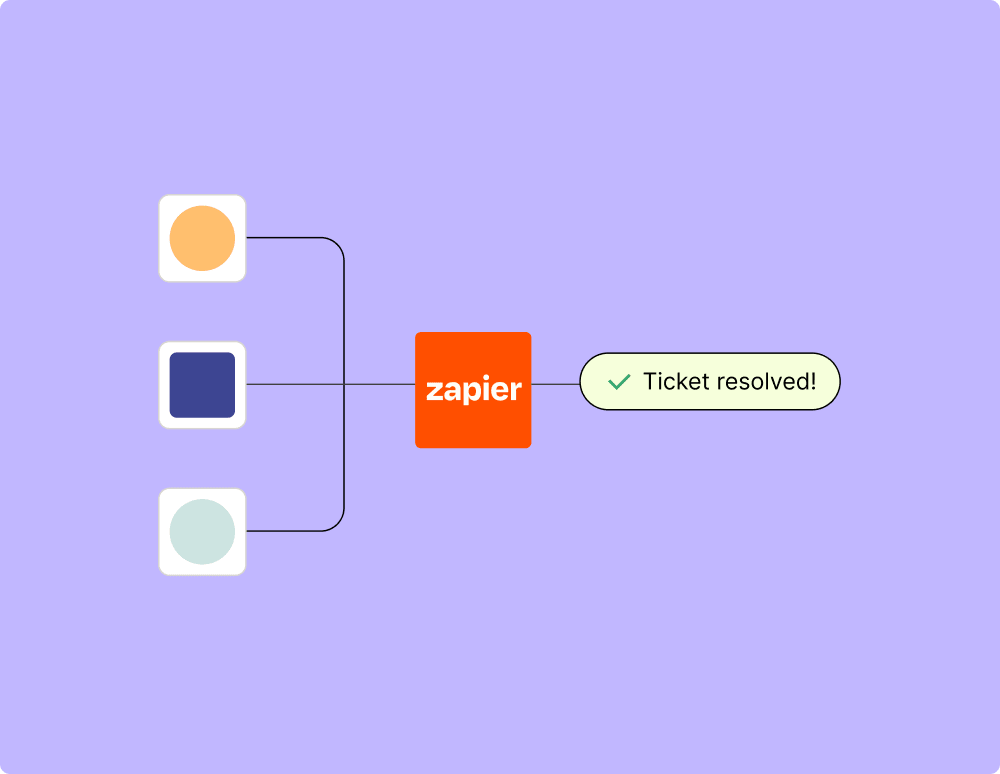Connect Microsoft Dynamics 365 CRM and Webhooks by Zapier to unlock the power of automation
- No credit card required
- Free forever for core features
- 14-day trial for premium features and apps
Set up your first integration
Quickly connect Microsoft Dynamics 365 CRM to Webhooks by Zapier with a Zapier template.
Our most popular template

How Zapier works
Zapier makes it easy to integrate Microsoft Dynamics 365 CRM with Webhooks by Zapier - no code necessary. See how you can get setup in minutes.
Zapier is the automation platform of choice for 87% of Forbes Cloud 100 companies in 2023
93%
Customers who say using Zapier has made them better at their job
25m
Customers have created over 25 million Zaps on the platform
6 mins
The average user takes less than 6 minutes to set up a Zap
Frequently Asked Questions about Microsoft Dynamics 365 CRM + Webhooks by Zapier integrations
New to automation with Zapier? You're not alone. Here are some answers to common questions about how Zapier works with Microsoft Dynamics 365 CRM and Webhooks by Zapier
What are webhooks in the context of Microsoft Dynamics 365 CRM?
Webhooks in Microsoft Dynamics 365 CRM are a way to send real-time data from one application to another whenever a specific event occurs. By utilizing webhooks, you can establish a connection with Zapier to automate processes without polling for updates.
How do triggers work when integrating Microsoft Dynamics 365 CRM with Zapier webhooks?
When you integrate Microsoft Dynamics 365 CRM with Zapier webhooks, triggers are events that start the automated workflows known as Zaps. These triggers can range from new records being created to existing records being updated within your CRM. Once a trigger event occurs, it sends data to Zapier, which can then initiate subsequent actions.
Can I create custom actions in Zapier using webhooks for Microsoft Dynamics 365 CRM?
Yes, you can create custom actions in Zapier using webhooks for Microsoft Dynamics 365 CRM. Custom actions allow you to define specific activities that should be performed when triggered by an event, giving you the flexibility to tailor your integrations according to your business needs.
Is it possible to use filters with triggers when setting up webhooks for Dynamics 365 CRM?
Absolutely! You can employ filters within Zapier to refine which trigger events from Microsoft Dynamics 365 CRM should proceed with webhook calls. This means only specific types of data or changes will cause the next steps in your workflow to run, providing more control over the process.
Are there pre-configured templates available for integrating MS Dynamics 365 CRM with Webhooks by Zapier?
While we do not offer out-of-the-box templates specifically for integrating MS Dynamics 365 CRM through Webhooks by Zapier, users can easily set up custom integrations using our intuitive interface and step-by-step guidance available on our platform.
Do I need coding skills to set up an integration between Microsoft Dynamics 365 and Webhooks by Zapier?
No coding skills are required. Our platform is designed to facilitate no-code integrations allowing users of all technical levels to automate workflows between Microsoft Dynamics 365 and other applications using simple configurations.
What should I do if my webhook connection between MS Dynamics 365 and another app via Zapier fails?
If a webhook connection fails, first verify that the setup is correct and up-to-date with both apps involved. Check the history logs in your Zapier account for any error messages or troubleshooting tips and ensure that any authentication credentials have not expired on either end of the integration.
Supported triggers and actions
Zapier helps you create workflows that connect your apps to automate repetitive tasks. A trigger is an event that starts a workflow, and an action is an event a Zap performs.
